Hydration through Food
In recognition of World Water Day which falls on March 22nd we have focused this article on hydration.
Water makes up two thirds of our body, and we must replenish our bodies with water to maintain fluid balance. Keeping your body hydrated is extremely important, no matter your age, gender, or activity levels.
Staying well hydrated throughout the day has an abundance of benefits, including;
· Regulation of body temperature
· Lubrication of joints
· Prevention of infections
· Transportation of nutrients to cells
· Correct function of organs
· Improved sleep quality, mood, and cognition. (1)
You can stay hydrated from fluids such as water, flavoured water, milk, coconut water, tea, and coffee. But did you know that hydration through food is also possible? Foods such as watermelon, strawberries, cucumber, lettuce, and celery all contain over 90% water. Therefore, smoothies, salads, and soups full of fruits and vegetables with a high-water content can add to your daily intakes. Check out our smoothie recipe, to quench your thirst, while consuming key nutrients that your body will thank you for.
If you are bored of drinking plain water, eating some fruit as a snack can provide your body with fluid, while also making you feel satisfied. Studies have shown that approximately 20% of our daily fluid intake comes from water contained in food. (2) Dairy products such as yogurts and soft cheeses also contain between 70-89% water. (3) Whole grains, such as quinoa, oats, and brown rice require plenty of liquid to cook, and that water is then ingested when we eat them.
Below are examples of water rich meals that will make you feel hydrated and energised throughout the day.
Breakfast:
· Porridge with berries and seeds, along with a 150ml glass of 100% orange juice
· Green smoothie – check out recipe above
Lunch:
· Chicken salad with couscous, lettuce, tomato, cucumber, and peppers (why not make you own dressing of extra virgin olive oil, lemon juice and balsamic vinegar)
· Vegetable soup with brown bread salad sandwich
· Minestrone - Tomato soup (tomatoes, celery, courgette, carrots & onions) with pasta
Dinner:
· Vegetable stir fry, served with brown rice
· Baked salmon, quinoa with bean, cucumber, red onion, and tomato salad
Foods that dehydrate you and should be avoided where possible, include processed meats (sausages, pudding, rashers), condiments (ketchup and mustard) and frozen meals (pizzas, potato waffles). These foods are high in sodium, which increases thirst and the body to pull water away from your own cells. (4) If you are eating sodium-rich foods, be sure to pair it with a glass or two of water to keep your body hydrated.


